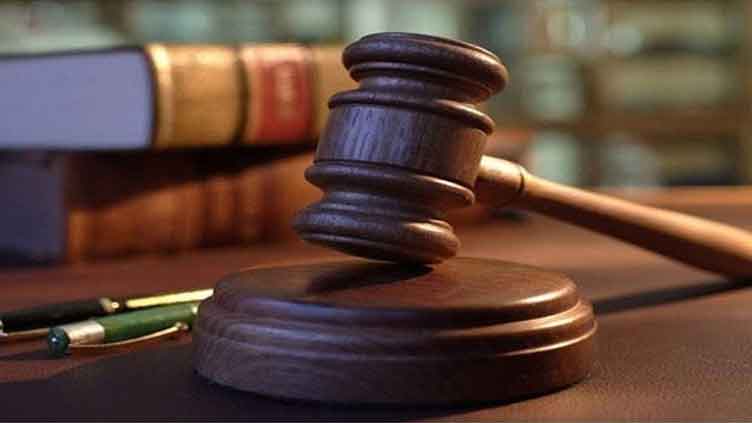LEGAL PERSPECTIVE: How judges are appointed and removed in Pakistan?

Pakistan
18th and 19th amendments prescribe inclusive procedure for appointment of judges
By Haseeb Ahmed
In the constitutional democracy, the constitution codifies the fundamental rights and sets the principles to govern the state through institutions.
It chalks out the framework of institutional and procedural limitations on powers, inspired by the principle of separation of powers elaborated in “The Spirit of Laws” - principal work of French political philosopher Monstesquieu.
Among the three institutions of government, the judiciary holds the status of the guardian of the constitution and checks the other two branches of the government.
THE APEX COURT
Clause III of Article 175 of the Constitution of Islamic Republic of Pakistan provides separation of the Supreme Court from the executive. Its decisions are binding on all subordinate courts in the country.
Under the Articles 184, 185 and 186 of the Constitution of Pakistan, the Supreme Court is the apex court of the land, and has appellate and advisory jurisdiction. It has the authority to settle the intergovernmental disputes between federal and provincial or provincial governments inter se.
JUDICIAL COMMISSION OF PAKISTAN
The 18th and 19th amendments prescribe an inclusive procedure for the appointment of judges.
Article 175-A of the Constitution states that judges of the Supreme Court will be appointed through the Judicial Commission of Pakistan.
Judicial Commission consists of
• Chief Justice of Pakistan as Chairman
• four senior judges of the Supreme Court
• one former Chief Justice or judge of the Supreme Court, nominated by the Chairman of the commission in consultation with four judges
• Federal Minister for Law and Justice, Attorney General for Pakistan and a senior advocate of the Supreme Court, nominated by the Pakistan Bar Council.
Read Also: Justice Mansoor Ali Shah for revisiting judges' appointment process
PARLIAMENTARY COMMITTEE
Once the JCP approves a name for the appointment of the judge, it refers it to the Parliamentary Committee. The committee consists of eight members of parliament from both houses, with equal representation of the treasury and opposition benches.
The committee is authorised with the power of consideration of the nomination within two weeks. If the parliamentary committee approves the name, it is forwarded to the president through the prime minister for appointment.
The Parliamentary Committee, for reasons to be recorded, may not confirm the recommendation by three-fourths majority, in which instance, the decision is forwarded to the commission through the prime minister and in that eventuality, the commission is required to send another nomination.
In case of high court judges, the commission comprises two senior-most judges of the relevant high court, provincial law minister and a representative of the bar council concerned. The chief justice of Pakistan heads the commission.
ACTING AND AD HOC JUDGES
Albeit an act of Parliament fixes the number of the judges of the Supreme Court at 17, Articles 181 and 182 permit the appointment of acting judges as well as ad hoc judges in court.
SUPREME JUDICIAL COUNCIL
Article 209 of the Constitution constitutes the accountability body with the nomenclature of Supreme Judicial Council to hold judiciary accountable as accountability is the exigence for the independence of judiciary.
The clause 7 of Article 209 vividly says there is no other procedure for removing a judge from the office.
The Supreme Judicial Council comprises the senior-most judges in judicial hierarchy;
• Chief Justice of Pakistan as chairman,
• two most senior judges of the Supreme Court and
• two most senior Chief Justices of the High Courts
The registrar of the apex court acts as its secretary.
Also read: LHC gives Punjab government ultimatum for judges' appointment
The council is entrusted with the onerous responsibility of deciding complaints that are referred to it. On a reference received from the President or through suo motu action, the SJC investigates the matter and presents its finding to the President.
If the council finds the judge guilty of any misconduct or decides that the judge is incapable of performing the duties and consequently he or she should be removed from office, the President may order the removal of such a judge.
A judge’s removal is subject to the prescribed procedure and he or she may not be removed from service except on the specified grounds.


